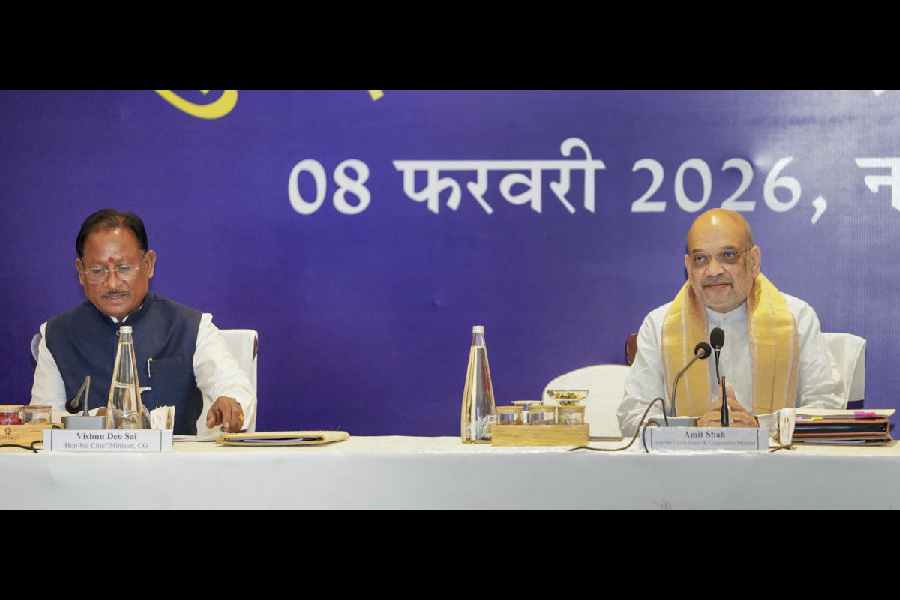New Delhi: India's electronics security agency has asked scientists at the Indian Institute of Technology, Kanpur, to develop the country's first electronic public ledger to help make digital entries and transactions unalterable.
The National Cyber Coordination Centre, an agency under the Prime Minister's Office, has approved a proposal from two IIT Kanpur researchers to create the electronic public ledger that captures every digital entry or transaction made forever and stores records of alternations - also forever.
Computer scientists Manindra Agrawal and Sandeep Shukla hope to use a mix of mathematics and cryptography techniques to develop the new system that they say has potential applications across governance - from land records to income tax transactions to access to Aadhaar data.
"This will have many applications across government sectors," said Agrawal, professor of computer science at IIT Kanpur. While almost all government departments have already digitised their data entry, at present most of the stored digital records remain vulnerable to furtive tampering - whether by insiders or hackers from outside.
The National Cyber Coordination Centre has agreed to grant of Rs 33.4 crore over five years for the project, the scientists said.
Agrawal and his colleagues have proposed an electronic public ledger based on what computer scientists call the "blockchain algorithm" or a technique that ensures immutability of digital entries. The concept is not new - it is the technology underlying digital currency and many countries are adopting it.
The US National Institute of Standards Technology in January this year released a document highlighting the advantages of blockchain, which is essentially a decentralised ledger that keeps transaction records on multiple computers.
Once a group, or block, of such records is entered into the ledger, the information is mathematically connected to other blocks, creating a chain and any alterations would be time-stamped and recorded.
A report from the European Commission's Joint Research Centre earlier this year had highlighted how blockchain technology may help improve even the education sector - from introducing paperless degrees to tracking research citations and protecting intellectual property.
"We're trying to tailor blockchain to Indian requirements - for specific applications in India," Agrawal said. While land records is an obvious application sector, he said, blockchain could also help track Aadhaar access logs, essentially providing information about every log made to access Aadhaar data.
Once the technology has been developed, the scientists have proposed creating a start-up to be fully owned by IIT Kanpur in the institution's incubation centre on campus.










